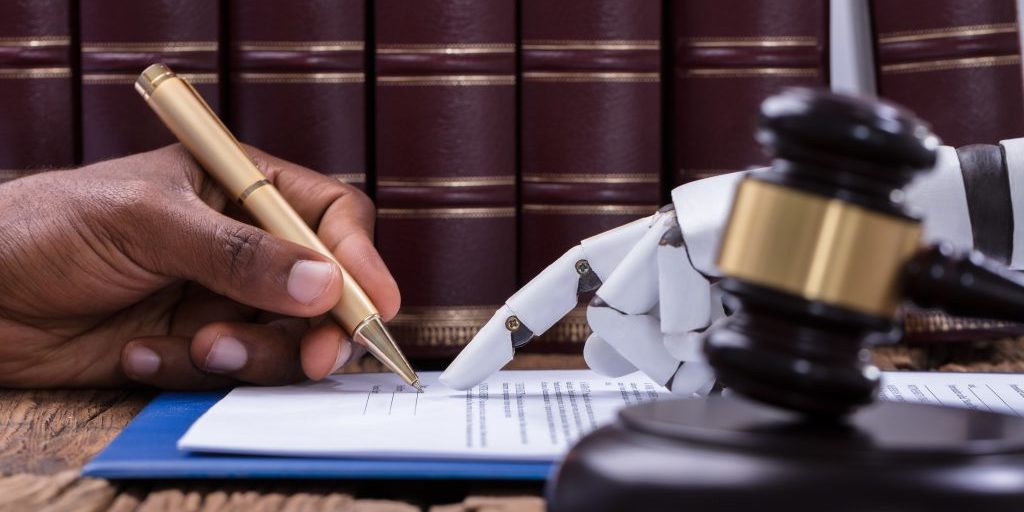Artificial Intelligence and the Power to Change E-Discovery
BY Kerrie Spencer

LISTEN
Artificial intelligence (AI) has become so pervasive in our society today that it is difficult to imagine what we would not use it for. Certainly it would be useful in the legal industry in relation to e-discovery and while the law is not fully at that point yet, pundits indicate they could likely expect to see it being used within the next three years. E-discovery is a mobile and fast-moving target when powered by AI – defined as “technologies that can mimic and enhance human thought processes and capabilities,” says senior counsel and co-chair of the E-Discovery & Information Management Group, John Davis with Crowell & Moring.
The point of AI, of course, is to automate manual tasks, a bonus that would likely be most welcome when it comes to the discovery process. The massive amount of material that can be generated by discovery could do with a major tweak to expedite the process. When might AI drive even more niches? According to Gartner, an information technology (IT) research and consultancy company, formerly known as Gartner Group, at least 80 percent of emerging technologies would likely have an AI foundation by 2021.
Given what we know today about the possible users of AI what possible changes could emerge for the e-discovery process?
It would most likely be seamlessly integrated into the process, or put another way, become “frictionless.” Using AI would help legal teams far earlier in the process to get a handle on the facts of a case, meaning it could cost less, be achieved quicker and smarter compared to the manual slogging of a traditional e-discovery. With AI in place, e-discovery is much more efficient and streamlined.
The use of AI in the initial review phase of e-discovery is not exactly new and has actually been used by lawyers for about 10 years or so, but is was clunky, costly and not terribly efficient. However, as with any new program or technical innovation, it evolves to become even more proficient, simpler, clever and relevant.
There are two types of AI impacting e-discovery: machine learning and natural language processing (NLP). Natural language processing lets computers communicate with lawyers in their own language, meaning the computer understands spoken and written human language. Machine learning uses math models to crunch enormous amounts of data, learning as it goes and revealing hidden patterns and/or making determinations about targeted data.
What was once a helpful AI presence, although somewhat awkward, has now become faster, more reliable and even more relevant. Now, deep learning algorithms actually observe as if they were human lawyers reviewing documents by learning what makes a document applicable to a stated case/matter.
Once AI has the solid ability to predict document relevance it suggests document codes or prioritizes what needs to be reviewed. That process can happen almost at the speed of light and much faster than several lawyers reading every document, and that also means it can be used earlier in the e-discovery process for even greater time and cost savings.
What also appears to be developing is an even greater AI grasp of the overall process of e-discovery with the ability to suggest who else could be interviewed, placed on legal hold and suggest new keywords to data mine electronically stored information. Newer iterations of AI for e-discovery can also handle the entire e-discovery process based on learning garnered from past actions and outcomes.
While it appears that the future is really here already, it still needs to be created on the fly to become a far more useful tool than it is now. Can AI change the now and the future of now? Yes, but it’s best to also approach such technologies with caution and a deep understanding of how they work, where they may go wrong and whether or not they create ethics issues. It is best to also be aware that at some point along the road to developing better and faster AI e-discovery solutions that the math, the algorithms, the technology and the outcomes may become too technical to understand in full. And therein lies the conundrum of ethics versus protecting client information.
LATEST STORIES



